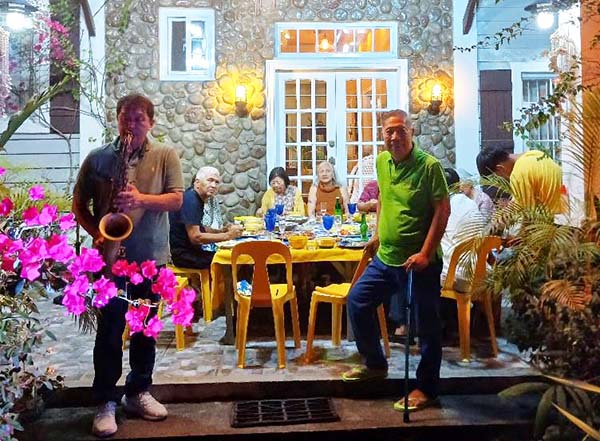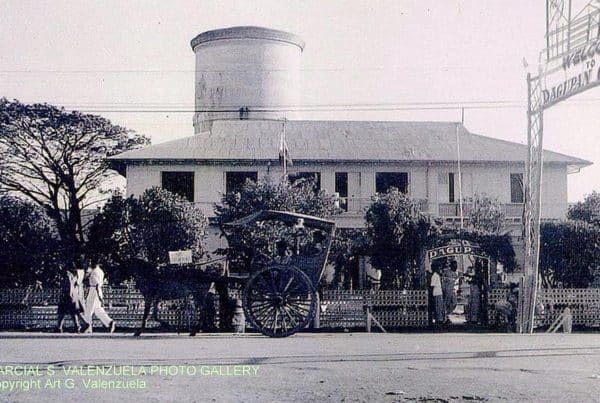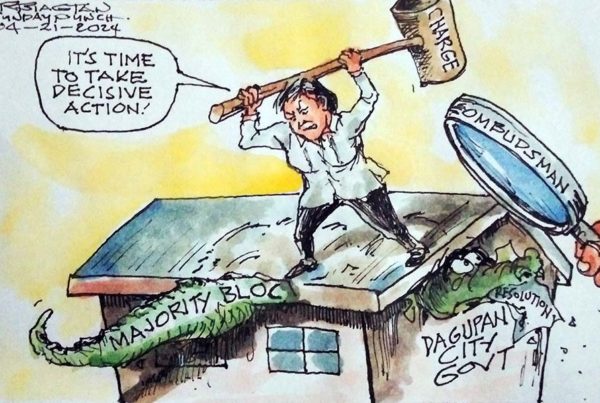
HOMEWARD BOUND: Dedicated to my Batch ’65

By Rex Catubig
HOMECOMING is that season in our lives that makes our heart sprout wings. For overseas workers, it’s the dream vacation with family. For expatriates or balikbayans, it’s a sentimental visit to hometown. For graduates, it is the reunion with classmates.
There is a Greek word that is apropos: Nostos, the root word of nostalgia—the longing for the past. “Nostalgia describes that bittersweet feeling of coming to familiar places and memories, but feeling the distance and the passage of time”.
But its merits are at cross-purposes. “For some, yearning for the past creates anxiety and distress for others, it can be a resource to create a stronger sense of self.”

The Greek epic saga Odyssey by Homer contends that “nostalgia works both ways: It helps us remember who we were and drives us to navigate that uncomfortable space between our memories and our identities”. It underscores the point “how the stories we tell each other confirm and create who we are”.
In the end, the phrase “it takes a village” validates the notion that our quintessential self derives from our place of origin and gains confirmation by our homecoming– by reuniting with people we share common history with.
But the question remains: why do we come home, asked my classmates? What drives us to go home?
He who had served the navy for over 20 years, believes: “There is a magnetic field that leads us. The compass of our being inevitably points to the womb that we call home. It’s the magnet that draws us to the core of our first heartbeat”.

Another opines: “Birds of the air and sea creatures unerringly know where they are meant to go and why. Their direction appears ingrained into their system. They respond intuitively to their particular “magnetic identity”… in the same manner that sea turtles and salmons return home to where they were hatched, to lay their eggs”.
“But where is our home? Is it the place where we were born, where we first experienced unconditional love and care? Is it within fulfilling human relationships? “
Another answers: “Home is not just a concrete place,(more) a state of being. (We) see home as a shelter where one finds peace, quiet and safety. But “home ” could likewise be “a place of confinement, isolation and a lack of freedom… (like during the pandemic times. Home is truly a home when you have an option: (whether) it’s a place one can go back to, or a place where you have to stay. To me ” home” is where I find my “ikigai”, my reason for being that is aligned with the path leading to what my Creator has destined for me.”
An American writer, Thomas Wolfe, ruminating on his journey home wrote: “You can’t go back home to your childhood … back home to a young man’s dreams of glory and of fame … back home to places in the country, back home to the old forms…of things which once seemed everlasting, but which are changing all the time – back home to the escapes of Time and Memory. You can’t go home again”.

Yet, my classmates and I are confident that you can. Time and time again and again. In defiance of reasons and the seasons.
Like the migrating swallows, we go back to our Capistrano, hoping to find the verdure of life.
Share your Comments or Reactions
Powered by Facebook Comments












